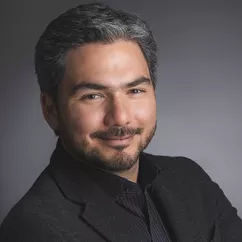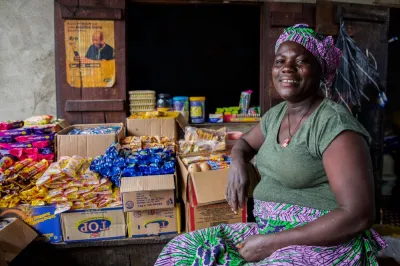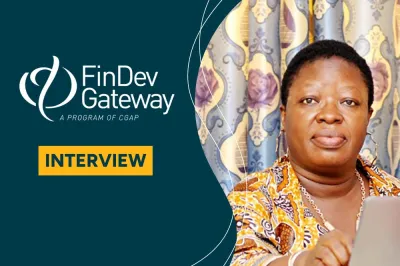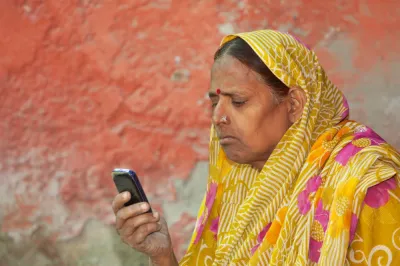How To Change Your Vision of Rural and Agricultural Finance

Emilio Hernández leads CGAP’s work on financial innovation for smallholder families. He will be teaching two courses at the 3rd Annual Boulder Rural and Agricultural Finance Program (RAFP), which will take place from 17 July to 4 August 2017 in Turin, Italy. In this Gateway interview, he lets us know what to expect from this year's training program.
Gateway: The Boulder Institute of Microfinance is set to host its third annual Rural and Agricultural Finance Program (RAFP) in July. CGAP is a prominent partner for this program. Can you tell us more about it? What does it seek to achieve and who is the target audience?
Emilio: The RAFP represents a global learning platform that brings together leading financial service providers, policy makers, regulators and donors, to exchange state-of-the-art knowledge on how to expand rural and agricultural finance markets in developing countries. It aims to develop capacities and build consensus among these targeted stakeholders so that they can return to their countries ready to define and implement strategies that promote further financial inclusion.
Gateway: Financial institutions and practitioners often lack the necessary knowledge on how to serve rural clients and manage agriculture-specific risks. What other constraints do financial institutions face when serving the agricultural sector, and in what ways does RAFP address some of those constraints?
Emilio: Knowing the financial needs of smallholder families - and how rural livelihoods shape these needs - allows providers to design products that are valuable for clients and have proper risk management strategies. In addition, these products need to be delivered in such a way that they can be scaled up. This has a lot to do with developing the right business models and exploiting digital technologies. New technologies can help to reduce costs and aggregate services from multiple providers in rural areas, so that the economics of financial intermediation work.
During the RAFP, we analyze different experiences from around the world to identify ways that client-centric rural financial services can be feasibly delivered by several partners, as well as identify the technological platforms that can be developed to facilitate this process.
Gateway: One of the courses you teach is called “Digital Financial Services for Smallholder Families – Features of an Emerging Model.” Can you give us a preview of what you will discuss in this course? What is the emerging model you will look at?
Emilio: In this course we review the global experience in exploring digital finance solutions for smallholder families, looking at the work of many influential players, including CGAP. We analyze the trends that make the case for further exploring the potential of digital technology in several financial processes (e.g. product design, delivery strategies, partnership models, and regulation).
This in-depth exchange of ideas and experiences can really change the vision of leaders... sparking institutional change.
From the analysis of real experiences, we will assess emerging good practices in promoting digital financial services; the challenges that need to be overcome for recommendations to be applicable; and the benefits that clients, financial service providers and other private and public partners can realistically expect.
Gateway: While building skills in rural and agricultural finance is critical, there is also the soft-skill component that may determine the extent to which participants are able to apply the new expertise within their institutions. Making changes often requires strong management support and institution-wide collaboration. Can you describe the ways in which the program will help participants build those soft skills?
Emilio: I believe this is one of the strongest aspects enabled by the RAFP. We gather faculty and students from very different organizations and with vast practical experience to exchange views during three weeks. By understanding their comparative advantages and constraints, service providers, policy makers, regulators and donors are able to appreciate ways they can collaborate and the benefits of such collaboration. This in-depth exchange of ideas and experiences can really change the vision of leaders within these organizations, sparking institutional change.
Gateway: Finally, can anyone participate in the training and where can applicants register?
Emilio: The RAFP is intended for practitioners and policy makers interested in the development of rural and agriculture financial markets. Interested parties can register at the Boulder Institute’s website. We look forward to seeing you there!


